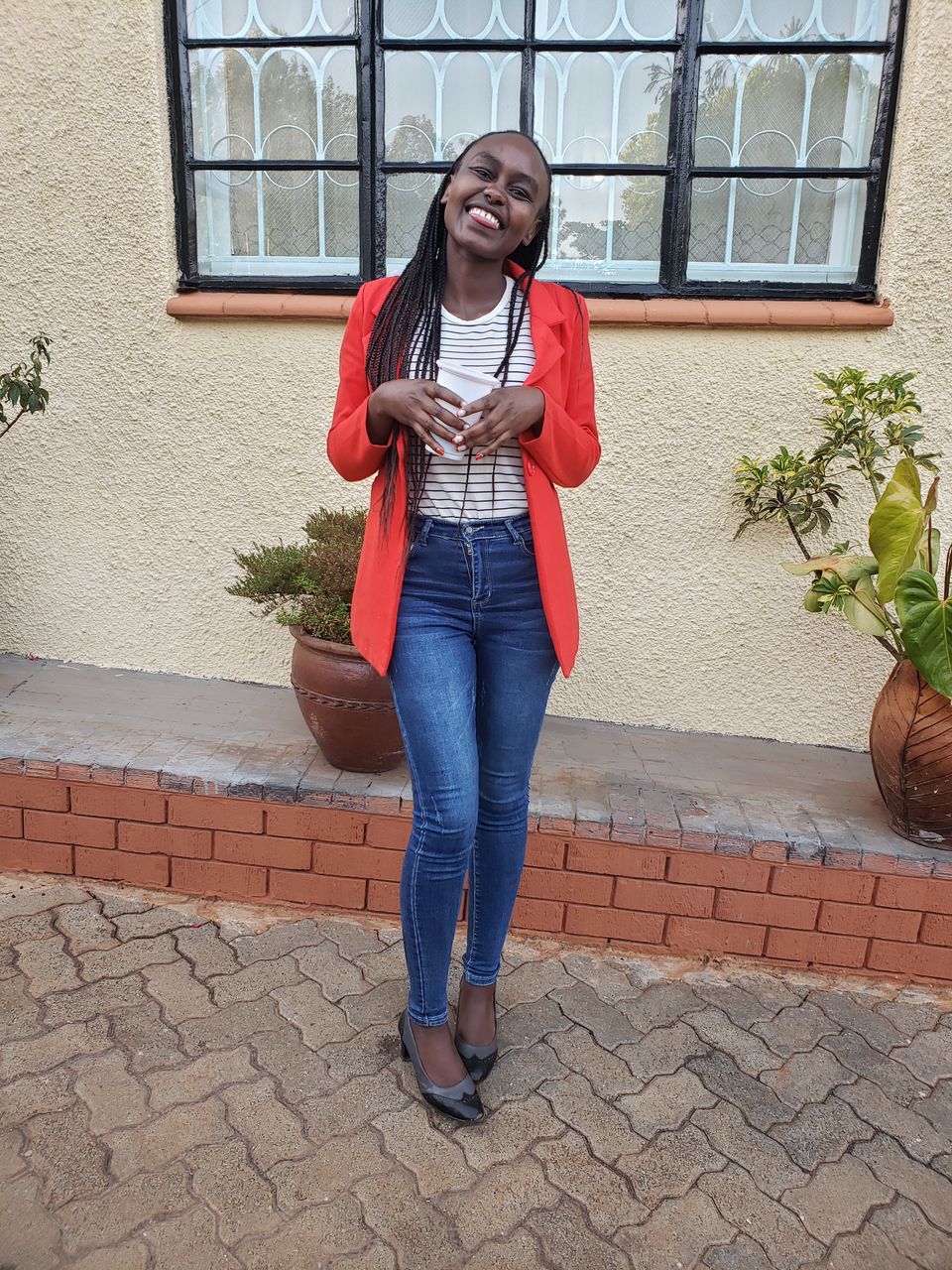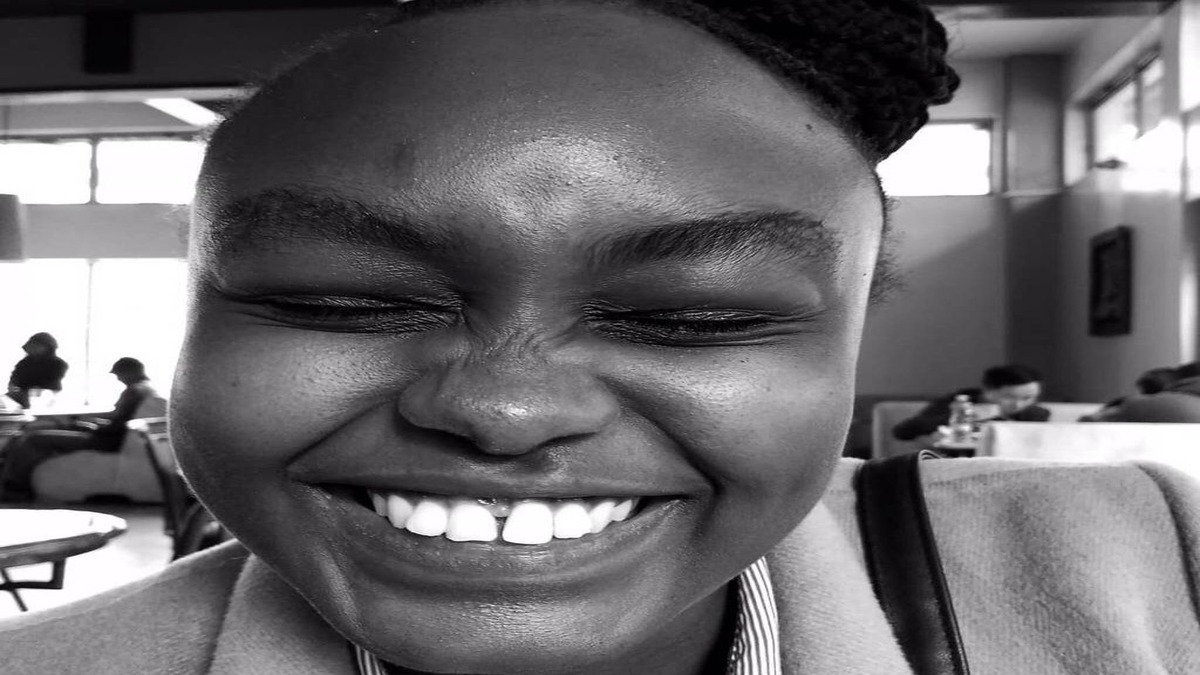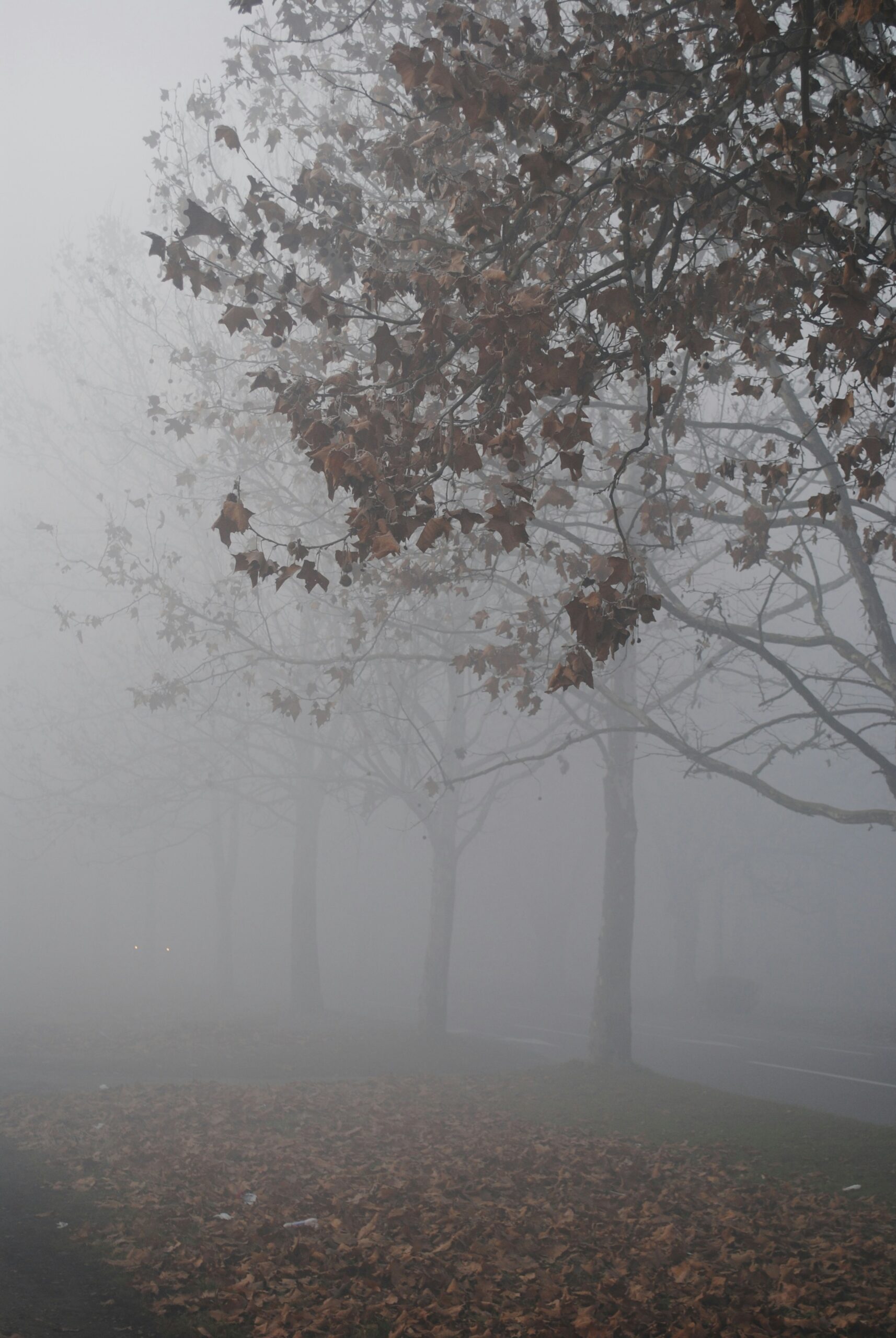Zakiyyah Dzukogi: What is the process of writing a poem like for you? Is it a lot of hard work or easy?
Naomi Waweru: My poem writing process is both spontaneous and laggard, what I like to describe to myself as my ‘energy points’. I am open to whatever of the two energy points the poem demands of me.
Spontaneous means, I will put down a thought or idea or line as soon as it occurs to me. My poems often occur to me as lines of the poem rather than as the title. In fact, the dilemma of what title to give a poem is usually a matter of last resort. Other times, an insistent mood or feeling will sting me, and sitting with the feeling is how I transform it into a poem. Spontaneous means that I will literally scribble down a sketch of words without caring whether they are coherent at first. Spontaneous means I address the whelm of feeling as it comes. Spontaneous means, my first step to writing is taken blindly, without knowing how the rest of the poem will flow.
Laggard means, I have reached the point of interrogating the poem(detailing it). And this is a stage where I allow the needs of the poem to guide me. Here, I am putting myself through a set of objectives that I would like the poem to meet. I am looking for the comprehensiveness of the poem. I am ensuring that my vulnerability is visible. I am doing the beautiful and ugly work of arranging it. I am making the poem poetic. I ask myself, “do you read through this and feel your skin peeling from your body?” If the answer is ‘yes’, I have completed my writing process.
My idea of a good and complete poem is one where, through reading it, I want to wear it on my skin. I want to substitute my skin with it. I read the poem to myself, aloud sometimes, and laugh in between when I can not believe I came up with particular lines.
This process can take a few hours or stretch to a few days, a few weeks, months, a year, or years. Do not be shocked, I have sat with a poem for two years; just interrogating it. Doubting it and believing in it and doubting it again.
I try not to rush a poem. The ease or difficulty of writing my poems is dependent on the individual poem. I could complete a poem in a day, another can take a considerable stretch of time.
Zakiyyah Dzukogi: Please describe your sense of identity in this or any possible world in imagery or metaphor.
Naomi Waweru: My sense of identity is tied majorly to the body. The human body. My body. Your body. For any experience or reality, I go through, there will be a reaction in the body. For instance, grief or loss has been known to demand vulnerability from the body. A feeling of desire, love and attraction demands a certain response from the body, say goosebumps, a racing heartbeat, or adrenaline. You are not relaying your experience of a life event without thinking of what is happening to your body in the process. In my poem, a particular line goes, “I learnt of loss and how it attaches itself to your body from touching the palms of your hands more than I did hearing you speak about it.” There is an act of understanding the innate highs and lows of the loss the muse is experiencing from the mere act of being in communion with their body. I often portray my body, and the body generally as the ultimate dwelling place. This is a place you carry with you everywhere, one you can not escape from.
The body in my poems is a medium of communication. I am listening to my body, and to your body. A poet, William James Lofton (alias mrjamespoetry) in one of their writings notes and asks, “What is your body telling you today?” If I can be in communion with my body, and your body, I have access to what it is composed of, thus, my identity and your identity.

Zakiyyah Dzukogi: If any of your poems could literarily save a person’s life, which poem would it be and can you describe the person whose life you think it would have saved?
Naomi Waweru: I do not regard my poems as instruments that could save another life. That would be holding too much power. Saving another life would be demanding too much from a poem that for instance is just telling you that your eyes could be compared to the African sunset. Or one where my grandmother thinks boyfriends have fangs (on a lighter note). I allow my poems to be received by my audience as they please, and I allow my audience to let my writings do to them what they please. Let’s leave saving others for my favourite superhero (Jesus).
But my poems have saved me. I say this because I know this. My poem, has often saved me from a reality that occurred to me suddenly as a young adult. I realized that I had not, in fact never, mourned my father properly. He passed on before my tiny body could barely fit properly into my mother’s arms. The emotion occurred to me as a whelm, an incident that required that I mourn him with my entire body, at that very moment. I realized I could address the emotion in a poem. Writing the poem saved me. I often go back to the poem and look at it as my beautiful expression of an event so difficult. And I healed myself thoroughly by composing the poem. An editor who picked the poem and published it was amazed by a reader’s comment who wrote, “You wrote of difficulty and made it beautiful”. If that is what saving a person’s life means, then this is the poem I would say saves a life.
Zakiyyah Dzukogi: What does Africa mean to you, as potential or reality?
Naomi Waweru: To talk about Africa, both as potential and reality, a couple of huge books would have to be written. There’s a lot going on on this continent, and a person’s reality can range from depressing, harsh, and chaotic to easy, accommodating, and wanted. Isolating each reality would be like starting a fire that I couldn’t put out. However, I can talk about an African aspect I am particularly drawn to and regularly address in my poems. An Africa that consists of people interacting within their small communities.
Africa, particularly Kenya—because it is difficult to talk about places I have not spent most of my life in—occurs to me as a place of cultural vibrancy. I’ve always been fascinated by the diverse cultural identities and sense of community that African communities foster. My writings are adorned with African cultural practices and rituals. The superstitious aspects of African culture intrigue me and also occur to me as vibrant beliefs of a vibrant people. In my poem, “Black girls like you,” I describe a ritual where the sun coming out harshly on a father’s grave has been attributed to the daughter’s chaotic birth. A certain cultural practice will involve people dancing at a funeral. A symbolic meaning will be derived from the sun shining and the rain falling simultaneously. I’ll listen to my grandmother’s explanation of why the Agikuyu prayed to face Mt. Kenya at any time. If you are to take everything from my continent, please do not deny me the vibrant but often intriguing cultural people. I would like to be bewildered by these and only these.
Zakiyyah Dzukogi: Could you share with us one poem you’ve been most impressed or fascinated by? Tell us why and share your favourite lines from it.
Naomi Waweru: There are poems that have literally made me jump out of my skin. I once tweeted and said, “When I read a good poem, I want to wear it on my body.” “Iode, want to substitute my skin with it.”
Jeremy T. Karn’s poem, “Laura: an ode,” makes me wish I could wear it on my body. I think this is because the poem addresses subjects I am drawn to, namely the body, sensuality, wearing your most urgent emotion on your sleeve, folding yourself into a manifestation of love, and, elling adequately in the pleasure.
I think of these lines a lot. “Love is proof that God exists in me too, the soft powder dust that we share in our bones is another.” Moment of silence! Internalise that! If you are inviting divinity into a sensual moment, I will take that. This is what I am saying to Jeremy T. Karn for composing that line.
Jeremy goes on to write, “& my half-boiled skin I will lay onto you in the name of love & say take & eat, this is my body.” “The closest way to reach God is through you.” I do not endorse the use of the ampersand unless your survival depends on it, but for the sake of this poem, I forgive Jeremy.
The entire poem in itself just transcends, penetrates, and reaches. If roses are red and violets are blue, then I can marry this poem. It reads;
Jeremy T. Karn [laura: an ode]
i have gathered this thing
around the fleshy lips of my heart.
a small fire lustring in my veins – burning slowly into a desire.
love is a proof that God exists in me too,
the soft powder dust that we share
in our bones is another.
i want to lift my heart to the ceiling light –
that’s how you create a sun
in your body with its razor-sharp flame.
& my half-boiled skin i will lay onto you in the name of love
& say take and eat, this is my body.
the closest way to reach God is through you,
so i amen my prayers with your name
& whisper hosanna – hosanna,
every time a piece of you slides inside me.
Naomi Waweru (she/her) is inspired by love, vulnerability, and the yearning of bodies to be free in their connection, and she has an eye for tradition and culture. Her writings present an adoration for the body. She portrays it as your first sanctuary. She has been published in and is forthcoming in Clerestory, Merak magazine, Kalahari Review, Poems for the Start of the World Anthology, Ampleremains, Afroliterary Journal, Down River Road, Peppercoast, Neurological, Overheard Magazine, Artmostterrific, Lolwe, and The African Writers Review. Reach her on Twitter at @ndutapoems and Instagram at @_ndutapoems.
- Poet’s Talk: 5 Questions with Nasiba Babale - September 5, 2023
- Poet’s Talk: 5 Questions with Ibraheem Uthman - August 29, 2023
- Poet’s Talk: 5 Questions with Zakiyyah Dzukogi - August 19, 2023












Leave a Reply